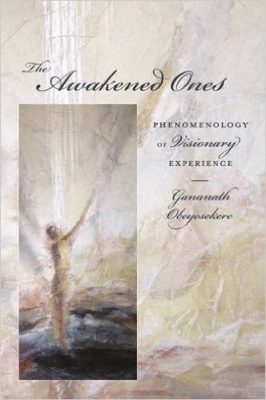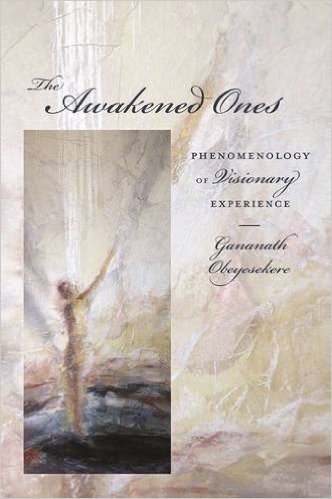 Author: Gananath Obeyesekere
Author: Gananath Obeyesekere
Publisher: Columbia University Press – 622 pages
Book Review by: Paiso Jamakar
Shakespeare had once said something like (I don’t remember the exact words): “there are many things that are not dreamt of in your philosophy.” I think the point that the great playwright was making is that we must keep an open mind about things that we do not understand, and much less be able prove if true.
The basic premise of astrology is one of those “things,” because we cannot show that particular positions of planets result in certain events or outcomes in people’s lives. Yet hundreds of millions of people believe that somehow astrology is able to predict the future, only because events they read bout in their horoscopes did happen.
In the description on the inside flap of this book, the writer states: While a rational consciousness grasps many truths, Gananath Obeyesekere believes an even richer knowledge is possible through a bold confrontation with the stuff of visions and dreams.”
The author Gananath Obeyesekere writes about those Eastern (such as Buddhist) and Western visions and dreams, their symbolisms, their conflicts with reason, and the ‘nonrational depths of such phenomena’ (as described in the inside flap), in this large book of over 600 pages, that is organized around these eight sections:
- Book 1: The Visionary Experience: Theoretical Understandings
- Book 2: Mahayana: Salvific Emptiness, Fullness of Vision
- Book 3: The Cosmic “IT”: The Abstract Being of the Intellectuals
- Book 4: Penitential Ecstasy: The Dark History of the Soul
- Book 5: Christian Dissent: The Protest Against Reason
- Book 6: Theosophies: West Meets East
- Book 7: Modernity and the Dreaming
- Book 8: Contemporary Dreaming; Secular Spirituality and Revelatory Truth
- Envoi- Intimations of Mortality: The Ethnographer’s Dream and the Return of the Vultures
Obeyesekere taught anthropology at Princeton University, but his other area of knowledge is psychoanalysis, and he explores the two areas in his book The Work of Culture. In this book The Awakened Ones (and in other books we have listed below) he has shown the relationship between personal symbolism and religious experience.
In Hinduism, particularly in Hindu rituals such as the pooja, each small item represents a large tangible aspect of nature as well as a specific human value. For example, rice represents food and agriculture; a spoonful of water represents the oceans and rivers; a matchstick represents fire; a hand fan represents the wind and the sky; a bit of sand represents the Earth. Other pooja items such as honey, milk, and sugar, also represent other aspects of nature and other human values.
One of the key features of Hindu thought is reincarnation. This cycle of birth and rebirth is also a feature of Buddhism.
In this book, the author writes about one of Gautama Buddha’s trances. In one of them, it is believed, that in the course of just four hours, the founder of Buddhism witnessed “hundreds of thousands of his past births, and eons of world evolution, renewal and disappearance.”
Obeyesekere connects this Buddhist phenomenon to the experience of a female Christian penitent. As she is staring at a tiny crucifix, she sees the space around it to mirror Christ’s suffering.
This is an excellent book on visionary experience. It is different from other works on this subject because it enables, even forces, us to think about what we still do not understand, or at least do not understand well enough to make sense.
Author:
Gananath Obeyesekere is professor emeritus of anthropology at Princeton University. His books include: Cannibal Talk: Man-Eating Myth and Human Sacrifice in the South Sea; Imagining Karma: Ethical Transformation in Amerindian, Buddhist and Greek Rebirth; Land Tenure in Village Ceylon; Medusa’s Hair: An Essay on Personal Symbols and Religious Experience; The Cult of Goddess Pattini: Buddhism Transformed; and The Work of Culture: Symbolic Transformation in Psychoanalysis and Anthropology.
In addition, he wrote The Apotheosis of Captain Cook: European Mythmaking in the Pacific, which won the prize for the most outstanding book in sociology and anthropology from the Association of American Publishers and the Gottschalk Prize from the American Society of Eighteenth-Century Studies.







